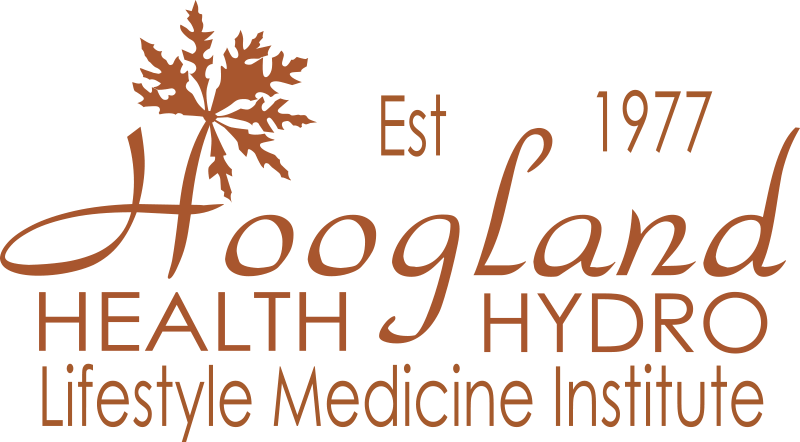Hoogland supports a diverse range of guests in improving their overall health and well-being.
One category of client we often see is those who, after doing many expensive tests and trying a range of interventions, still feel terrible.
What amazes me is how often a simple, relatively inexpensive blood test that could explain a huge range of overlapping symptoms, is simply never done: the serum IgE test.
People have been to gastroenterologists for every probe under the sun, spent time with psychiatrists, neurologists, endocrinologists, sleep experts, had scans, taken medication and more. Yet through this long, expensive process, no one thought to check for this increasingly common immune dysfunction.
What makes it worse is that so many desperate people start taking a range of supplements, which only makes the whole situation worse.
High Immunoglobulin E (IgE) levels indicate an overactive immune response, often linked to allergic reactions, autoimmune conditions, or rare disorders like Hyper-IgE Syndrome (HIES) — but symptoms can be surprisingly varied.
Among our guests with a long history of uncertain diagnoses and decades of explorative testing, we find a surprisingly high percentage have elevated IgE levels.
Varied Symptoms of High IgE
One of the reasons IgE testing is often overlooked in specialist medical settings is that elevated IgE can manifest in diverse, overlapping ways.
These symptoms can range from very mild to quite severe and can affect every part of the body and mind.

Why Is High IgE Often Misdiagnosed?
High IgE is frequently misdiagnosed due to symptom overlap, complex triggers, and, very often, a focus on identifying the cause of the allergy rather than measuring the underlying ‘allergy tendency’.
What Can Make IgE Levels Worse?

Certain foods, supplements, medication, and environmental pollutants can all make IgE levels worse.
These factors exacerbate IgE by promoting inflammation, disrupting gut health, or directly stimulating immune overactivity.
How Can Hoogland Health Hydro Help?

We have been including IgE testing in our comprehensive blood panels for decades. It is also available as an optional add-on to the mini-assessment.
Our lifestyle-health-focused treatment at Hoogland is beneficial for all the symptoms mentioned above — whether they are caused by elevated IgE or not.
Having a clear diagnosis is incredibly valuable. When we test IgE levels and track changes, we can closely monitor and measure improvement.
Hoogland Health Hydro offers medically supervised water-fasting, hydrotherapy, and lifestyle interventions that may help manage high IgE by reducing inflammation and resetting immune function.
Dr André Kruger — also known as The Fast Doctor — has been instrumental in shaping Hoogland’s fasting and immune health approach. With decades of clinical experience and a pioneering role in therapeutic fasting, he brings depth, compassion, and science-backed insight to every guest consultation.
The treatments at Hoogland that help reduce IgE overproduction include:
There is no place for it as part of any diet, as you cannot out-supplement a bad lifestyle.
